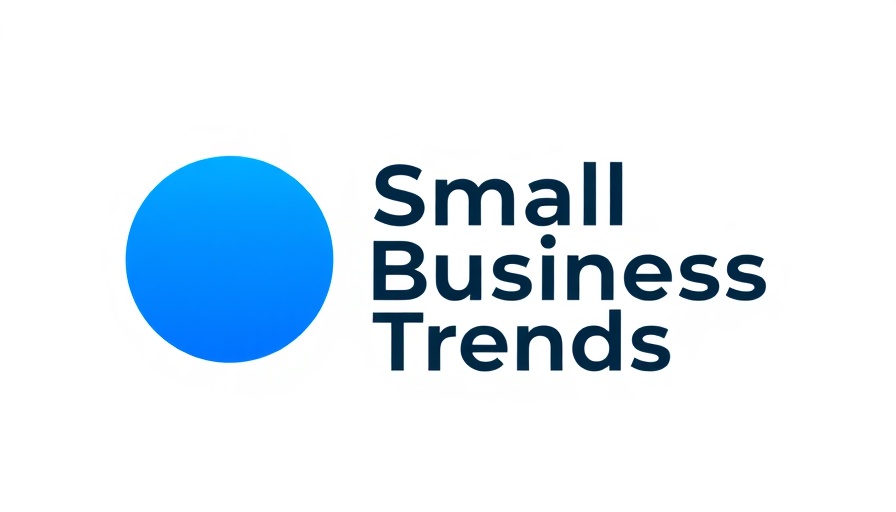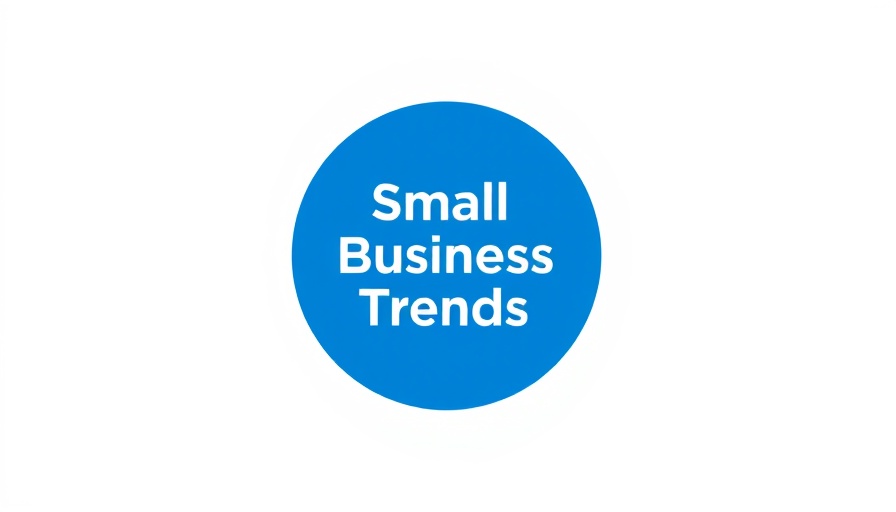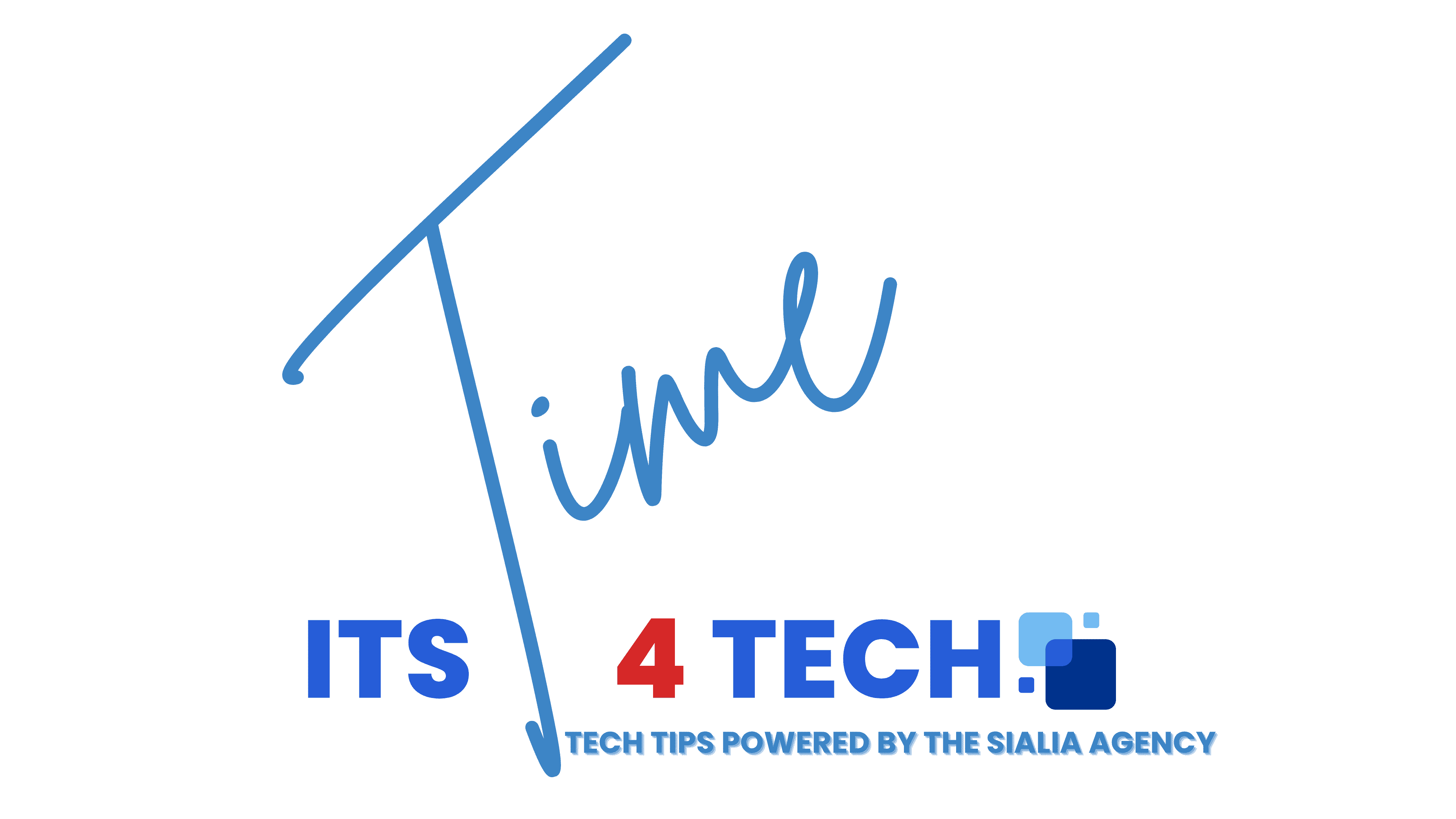
The Ripple Effects of Trump’s Tariffs on Small Businesses
The landscape of small businesses is constantly changing, heavily influenced by politics, economics, and public policies. In recent years, one of the most talked-about policies has been the tariffs imposed during Trump’s presidency. While these tariffs were intended to bolster domestic production and create jobs, many small business owners found themselves navigating a challenging economic climate with rising costs and supply chain disruptions.
How Tariffs Take Their Toll
For small businesses, especially those relying on imported goods, tariffs meant paying more for essential resources. Retailers faced higher prices, which they often had to pass on to consumers, potentially stifling demand. A small boutique, for instance, might find that the bags and clothing they import from overseas have surged in price. This effect isn't just limited to retail; service-based companies that rely heavily on goods—from office supplies to technological equipment—also felt the crunch.
Shifts in Consumer Behavior
As costs rose, many consumers began to rethink their purchasing habits. Small businesses had to adapt quickly, often shifting their marketing strategies to emphasize value. With inflation becoming more noticeable, small business owners have had to reconsider their positions in the marketplace, highlighting the benefits of local and sustainable choices as a means to retain customers.
Future Outlook: Adapting Strategies for Survival
Moving forward, small businesses must embrace agility. This includes developing flexible marketing strategies that resonate with consumers. As economic conditions fluctuate, utilizing technology to enhance operational efficiency is crucial. For example, leveraging AI and automation tools can streamline inventory management and reduce reliance on international suppliers, thereby offsetting some tariff impacts.
Conclusion: Navigating Challenges Ahead
The implications of tariffs are likely to resonate for years to come, influencing small business strategies in unpredictable ways. It’s essential for small business owners to stay informed, utilize innovative tools, and continuously evaluate their responses to an evolving economic landscape. By understanding these dynamics, they can better position themselves for sustainable growth even in tumultuous times. Join the conversation by sharing your experiences and insights in the comments below!
 Add Row
Add Row  Add
Add 




 Add Row
Add Row  Add
Add 
Write A Comment